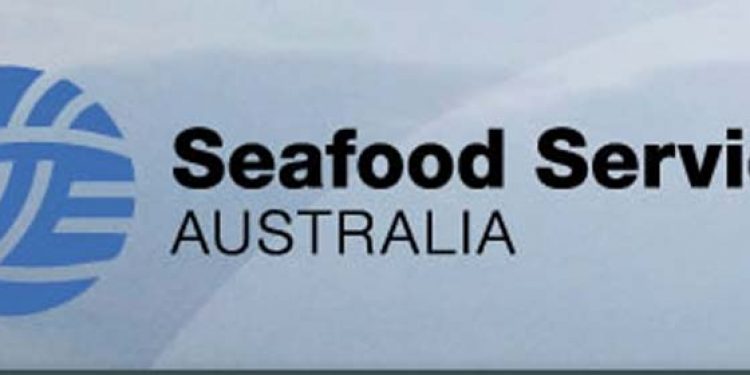Consumer confidence is vital to the long term sustainability of the $2.5 billion Australian seafood industry. The development of the Australian Fish Names List and Standard goes a long way to addressing some of the key concerns.
Confusion over fish names can undermine this confidence, create market impediments, undermine effective species-based fisheries management, and impede management of food safety.
Seafood consumers want to know that when they ask for a specific fish anywhere in Australia they are getting the right fish. As early as the 1920s, meetings were held in Sydney to discuss fish names as the local and regional variations had become apparent.
In 2006, a process to develop a fish name standard was commenced by Seafood Services Australia. On 16 July 2007, the Australian Fish Names List and its inclusion in the Australian Fish Names Standard (AS SSA 5300) were endorsed by Council of Standards Australia.
The list was created in consultation with a wide range of stakeholders, including the commercial and recreational fishing sectors and government, so that an Australian Fish Names Standard could be established to meet both the seafood industry and consumers expectations for safe food, fair-trading and truth in labelling.
The Fish Name List and Standard remains a world first. No other country has been able to achieve national consensus on fish names. This list now contains 5000 names of Australian and imported species.
“The standard has made labelling and marketing in Australia easier. All seafood must now be labelled with the correct Standard Fish Name and consumers are able to make informed choices when purchasing seafood or dining at restaurants” said Michelle Christoe, Executive Officer, Seafood Services Australia.
“Consumers want to know both fish name and country of origin. The Fish Names Standard helps us provide clarity and gives us an edge as subject matter experts in seafood” said Shane Geary, Operations Manager at Coffs Harbour Fisherman’s Co-op.
Anyone concerned that the fish ordered may be mislabelled, should ask the supplier for more information on where it is from or to see the sales document or original packaging, to confirm it. If you have information or evidence of fish mislabelling, contact your supplier first. If you are dissatisfied with the explanation or response, contact the Australian Competition and Consumer Commission at www.accc.gov.au or telephone 1300 302 502.
Changing names, an informed approach
Three months public consultation is required before any amendment is made to the Australian Fish Names Standard. In March 2013 the Australian Fish Names Committee met to consider two applications to amend the standard.
The first application has been made to add the new group name Deepsea Dory to cover the four Oreodory species (Spikey Oreodory, Smooth Oreodory, Warty Oreodory and Black Oreodory). While there are concerns that the group name Deepsea Dory is similar in name to the iconic species John Dory, Mirror Dory and Silver Dory, they do not compete in the marketplace. Market research conducted by the applicant has indicated an overwhelming preference for Deapsea Dory over Oreodory. The name is not deceptive as the species is harvested in deep waters.
The Deepsea Dory species are caught in the deep-water areas off the continental shelf and used in the manufactured fish products industry. The individual species names are unchanged.
The second application has been to legitimise the use of the name Flake by adding a new group name Flake to cover two species, Gummy Shark and the species known in New Zealand as rig. Flake has been the name used, especially in the fish and chip industry, since about 1920 especially in Southern Australian states. The issue that the industry had identified is that the meat from other inferior species of shark has been sold under the name Flake. If this application is successful, the name Flake will apply to the flesh of the animal in the marketplace and not the whole animal that will continue to be referred to as Gummy Shark.
About Seafood Services Australia
The goal of Seafood Services Australia (SSA) is to enhance the profitability, international competitiveness, sustainability and resilience of the Australian seafood industry. SSA was established in 2001 by the Fisheries Research and Development Corporation and the Australian seafood industry.
FiskerForum.com









